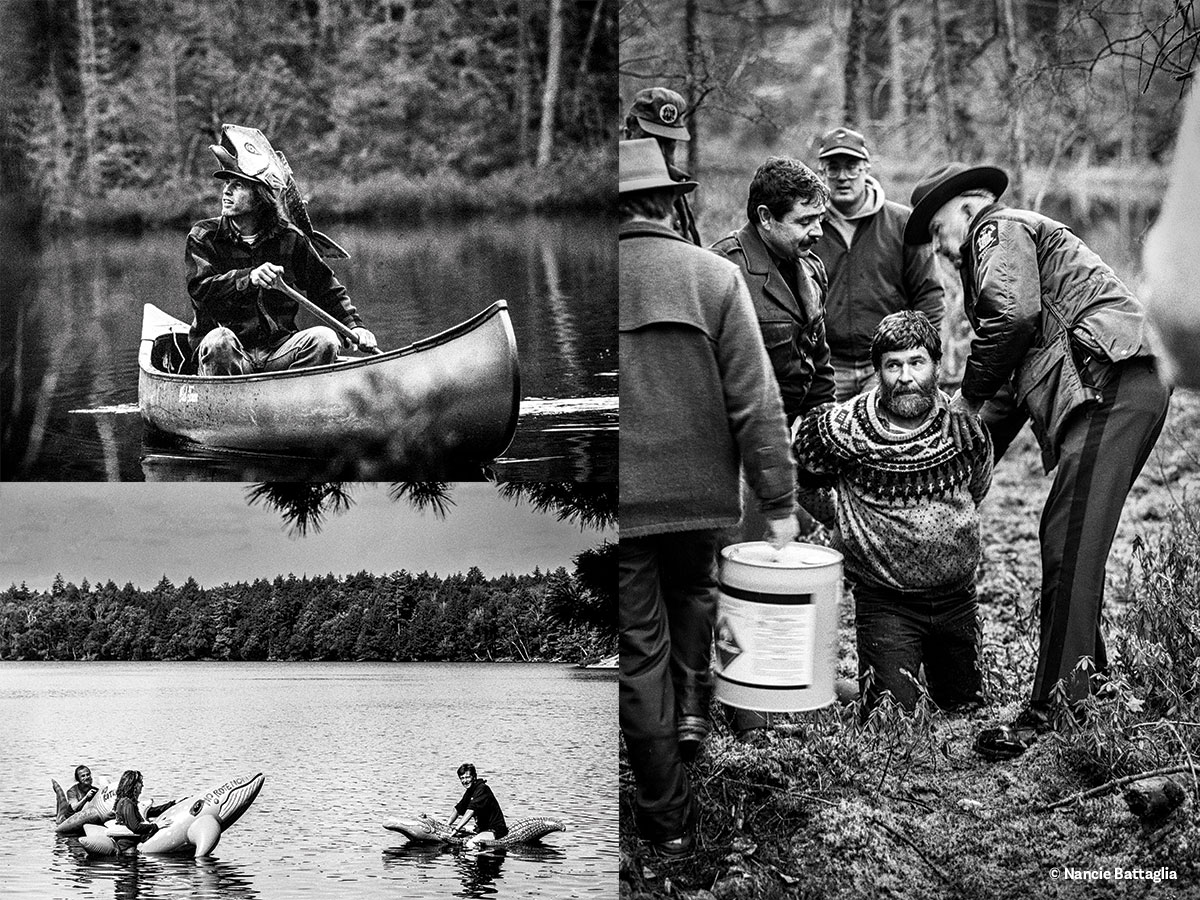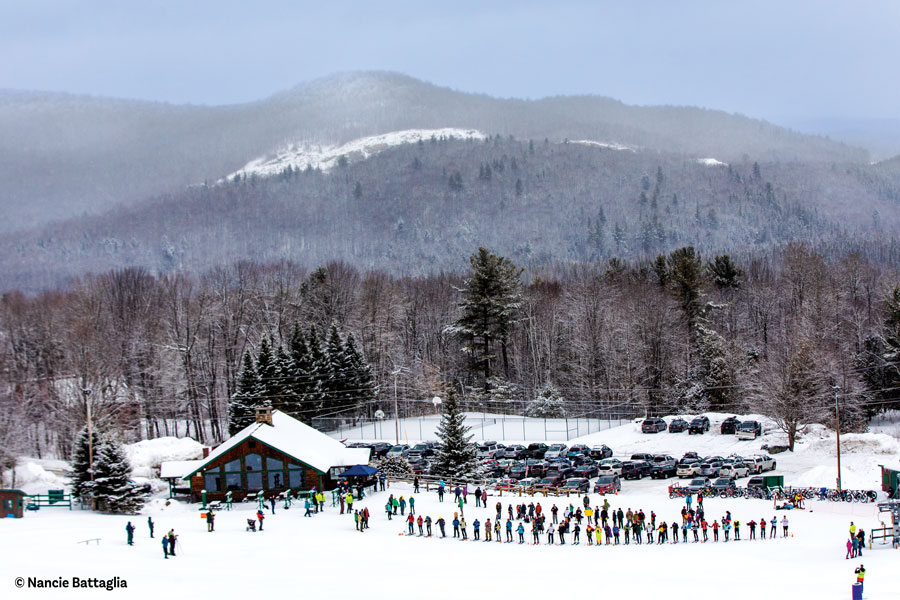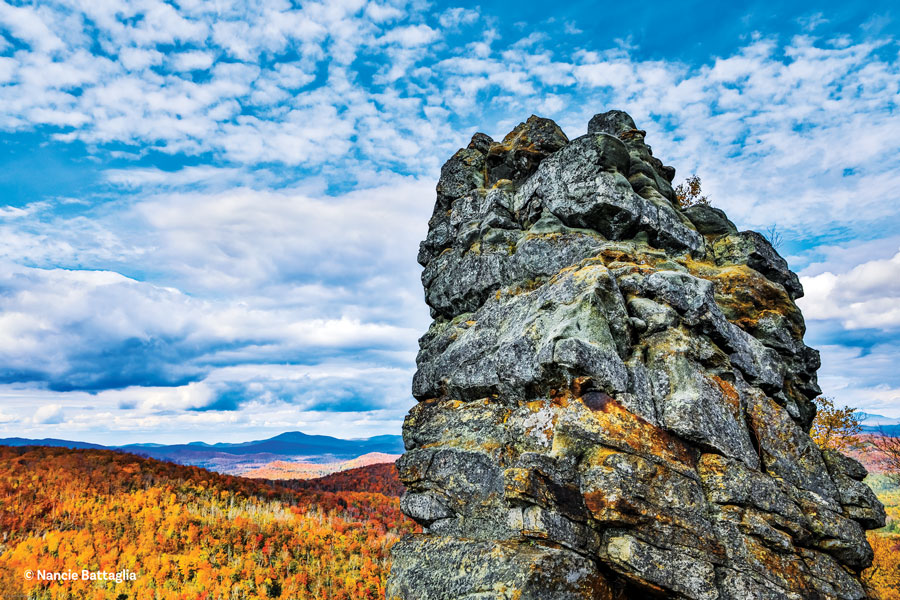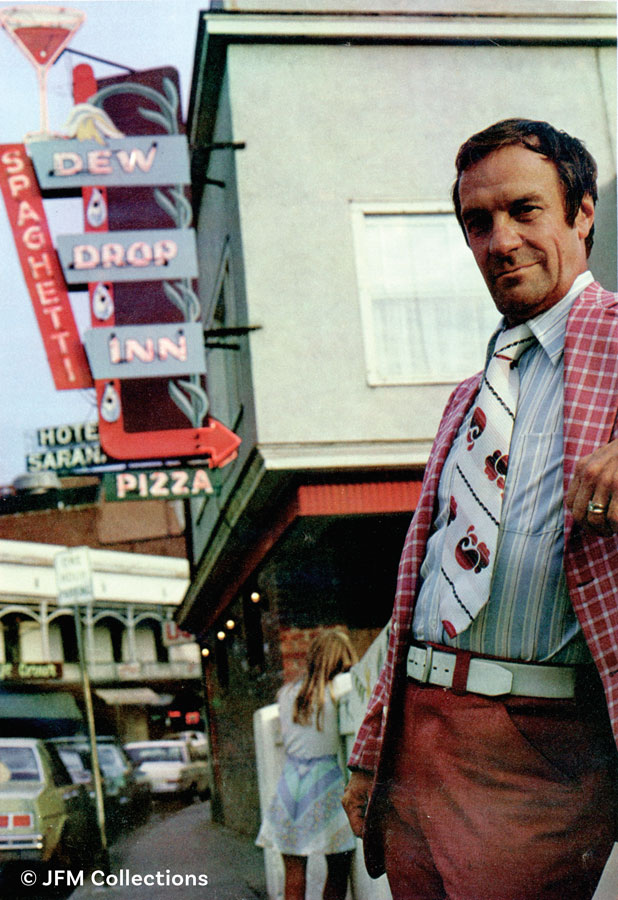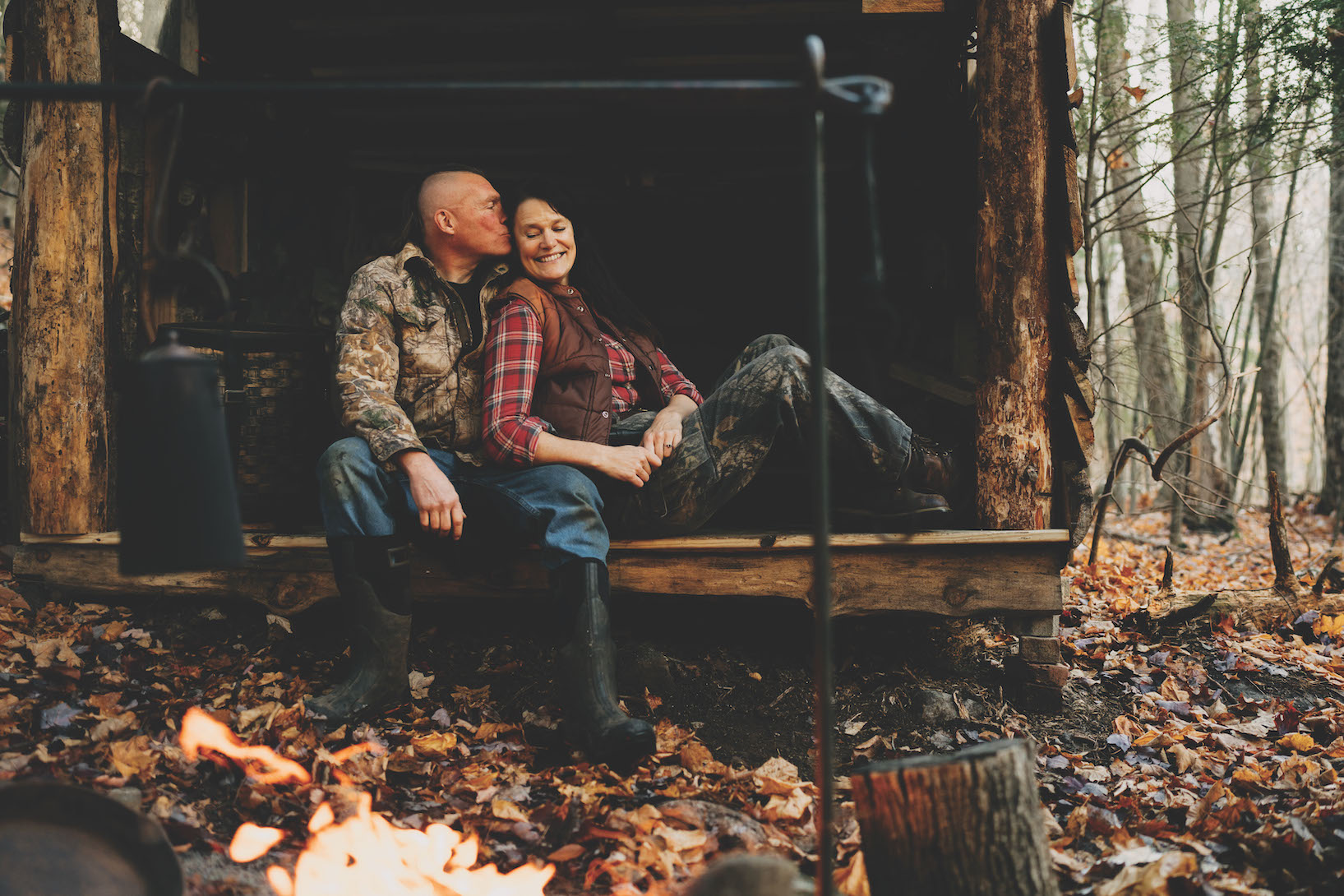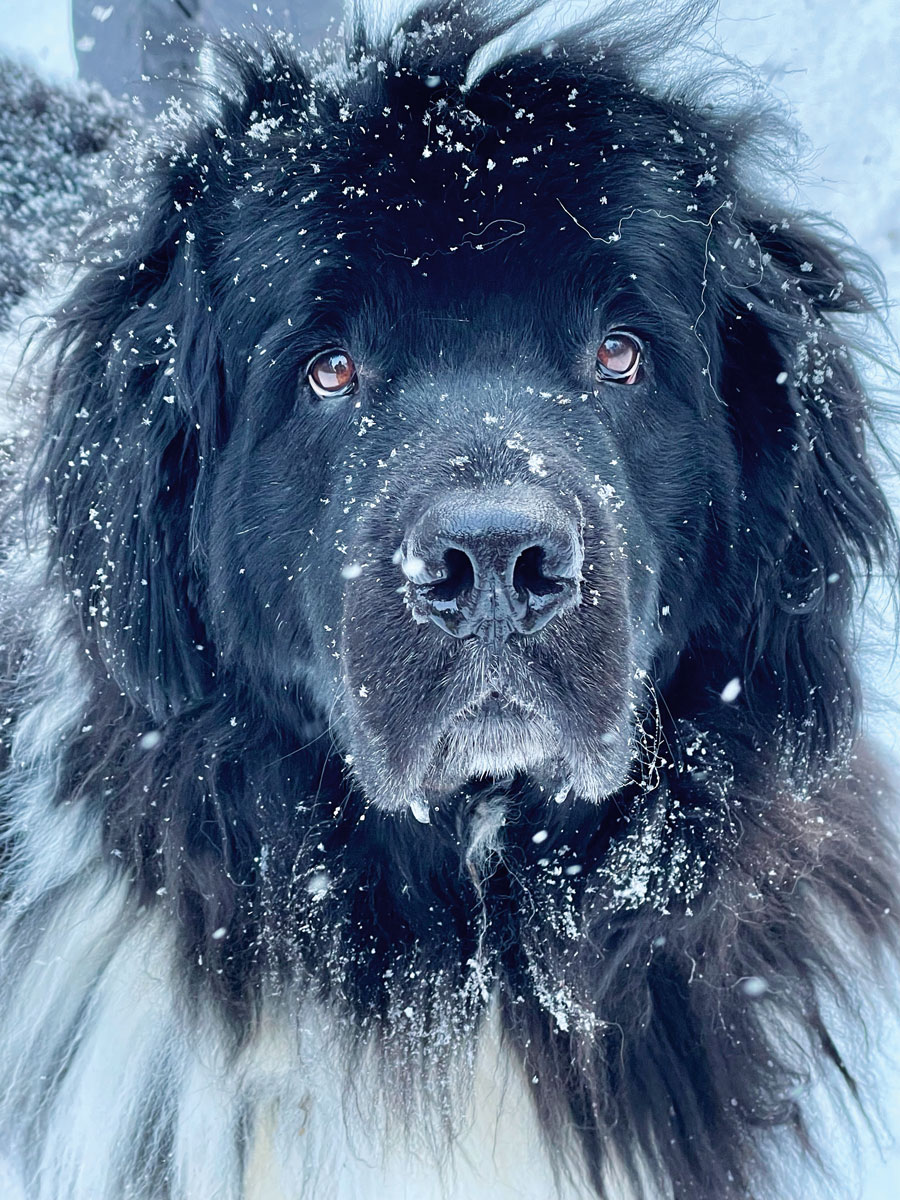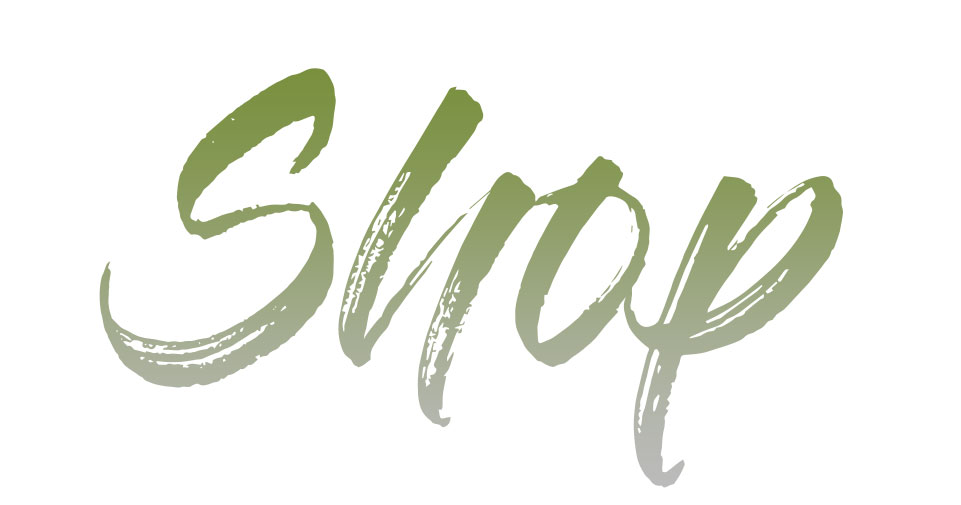Illustration by David Owens
A father, a daughter, and an early morning tradition
It’s still dark when my bedroom door creaks open. My father tiptoes in and sets the cat down beside me on the bed. I check the clock: 5:15. Last night we agreed on five; my father is being kind. Anyway, we both know that if light breaks and we aren’t up there, the morning will be wasted, and we might as well have slept in.
Today we’re skiing up Whiteface Mountain, which looms over my hometown of Lake Placid. We’ve hosted the Olympics twice, in 1932 and again in 1980, that famous year when the U.S. beat the Russians on the hockey rink. We’re too small to ever host the Games a third time, but that doesn’t stop tourists from flocking to see the old venues—the three ice rinks under one roof, and two ski jumps at the edge of town.
And then there’s our Olympic mountain: our mighty Whiteface.
In the kitchen, my father whispers, “Today is a two-hat day.”
As a rule, I have always hated two-hat days. But I say nothing to my father—I agreed to this, after all, and he is just trying to help—and I pull on two hats, one thin and one thick.
“Ready?” my father whispers, and we squeeze out of the kitchen door, taking care not to let the cat out.
My teeth clack audibly as my father and I drive the winding road to the mountain, a road my father could navigate with his eyes closed. As we drive, the thermometer on the dashboard drops, digit by digit: 14 below, then 15, then 16. By the time we reach the parking lot, the thermometer reads 25 below. A few lights illuminate the trails, which glow blue beneath the star-flecked sky. Besides that, the mountain is silent and dark.
At the bottom of the trail, we peel open our climbing skins and press them to the bases of our skis so we’ll be able to walk uphill. The snow guns blast, and my father removes his hearing aids and puts them in his pocket. I can’t feel my hands. We flick our headlamps on, and light pools before us.
Just before we start to walk, my father shouts, “That’s Jupiter!” He is pointing at a faint gold dot hanging low in the sky, larger than the other stars.
“Oh!” I shout back. I try to make my voice light, bright, for this is my father, I love him, I love our mountain. But I am freezing, and all I’m thinking of is cold.
“It only gets better from here!” my father shouts encouragingly, and then he turns and begins to trudge.
I have followed my father into the mountains for as long as I can remember. While other kids were learning to walk, I was in our sloping backyard with my father, learning to ski. I remember the snow being deeper in those days, reaching to my shoulders and sometimes even higher. Snow fell on the day of my high-school graduation, in early June. The best Christmas gift I ever received came from my parents when I was 21: four knobby snow tires for my dented car.
Now, my father and I follow the line of the lift past mid-station and suddenly the wind is smacking us full on, streaks of snow snaking towards us over a sheet of sheer ice. For a second, I can’t breathe. Tears come.
My father pauses by one of the guns and turns.
“This is always the worst part!” he shouts. “How ya doin’?”
“Bad!” I shout back; I can’t help it, I am doing bad and that’s all there is to it.
But my father can’t hear without his hearing aids.
“Good!” he shouts, and now he has turned back up the hill and is moving beneath the arcing plume of snow that blasts from the gun.
A bad day of skiing is better than a good day at work, my father always says, and I remind myself of this.
Halfway up, my father stops, finally, to turn and look.
“Can’t beat that with a stick!” he calls out. Behind us, a line of orange is pressing down onto the dark peaks, and the rest of the sky is turning pink. I squint and think I can see all the way to Lake Champlain.
This is my father’s church: the peaks, the trees, the winter air, bitingly clean.
We climb all the way to the top, my father and I, past the summit of Little Whiteface and right on up to the top of Chair 6, the mountain’s highest, coldest lift. This little hut—windblown, frostbitten—marks the start of the Olympic Downhill, and from where we stand, men and women in sleek suits and helmets have hurtled themselves steeply down, finishing their run 90 long seconds later, their legs burning, their faces flecked with frost, their eyes streaming and their lungs roaring for air.
My father points his skis downhill.
“Ready!” he shouts, an invitation instead of a question, and he doesn’t wait for my response.
Afterwards, we drive home and eat toast and drink hot chocolate.
“We don’t have to prove anything to anyone, now,” my father says.
He finishes his breakfast, then goes upstairs and takes a shower and puts on clean clothes for work: pressed khakis, a button-down shirt, brown leather shoes, matching socks. He kisses my mother, puts his hearing aids in, and he’s gone.
My mother and I both understand, though, that part of him is still at Whiteface, skinning up.
















